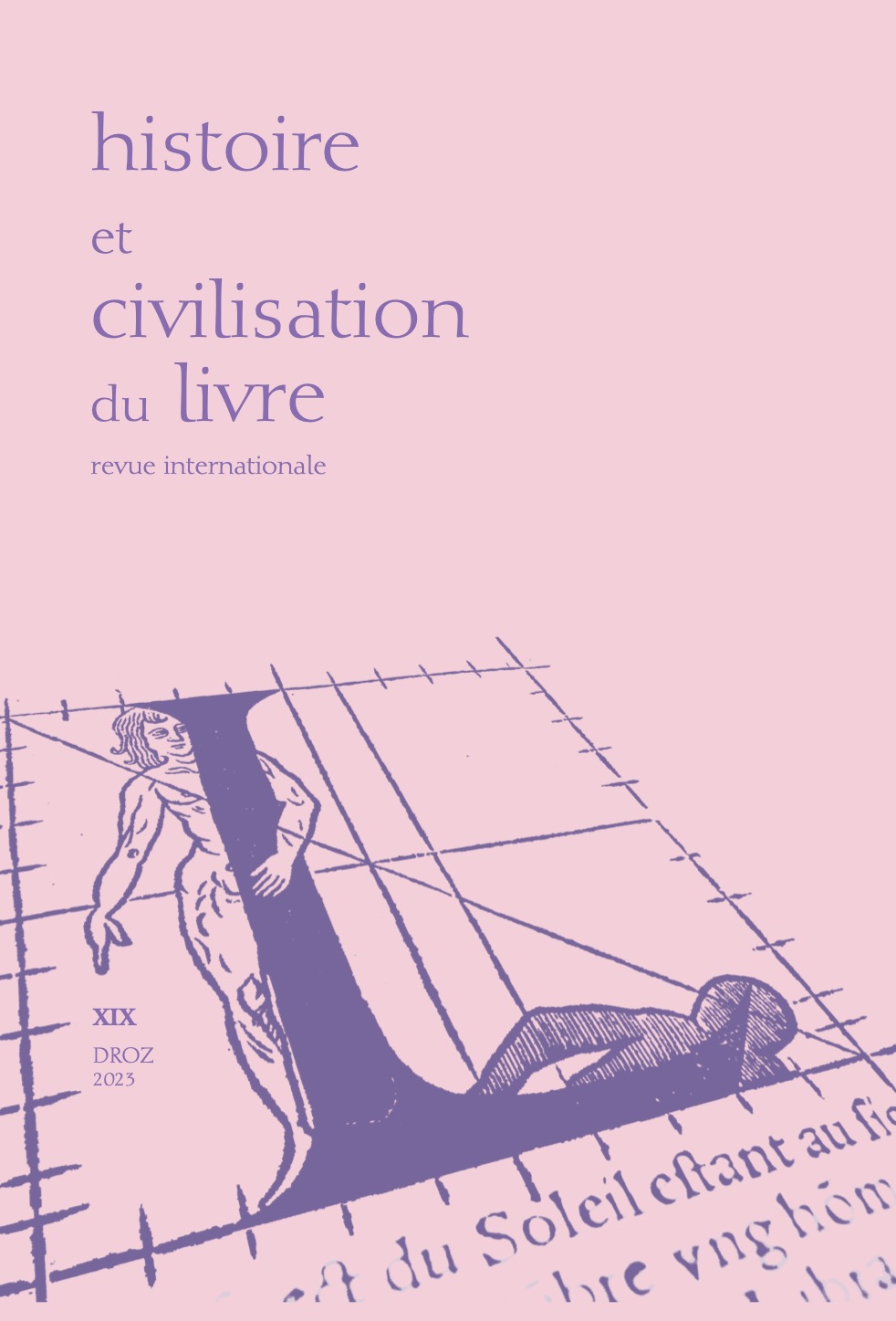« Séparer le bon grain de l’ivraie »
Le contrôle des lectures féminines en France et dans les Pays-Bas espagnols au temps de la Réforme catholique (XVIe-XVIIe siècles)
Abstract
By considering recent historiographical contributions, this article aims to present the agents and modalities of control over women’s reading in France and in the Spanish Netherlands during the Catholic Reformation, between the mid-sixteenth and mid-seventeenth centuries. During this period, it was primarily the clerics who claimed to have control over books and set the standards for “good” reading. By promoting a strict framework for women’s reading, they placed this activity in a hierarchical relationship within the family, social and religious sphere. Drawing on the biblical Parable of the Tares, these authors intended to remove the condemned books from women’s hands, and to replace them with wholesome readings (liturgical books, lives of saints, works of spirituality and devotion). During the 17th century, we observe a growing gap between an almost unchanged prescriptive discourse and women’s reading practices, in connection with the transformations affecting the publishing world. Even if the act of reading appears to be highly regulated and controlled, for some women it may have constituted a space of freedom and agentivity.

